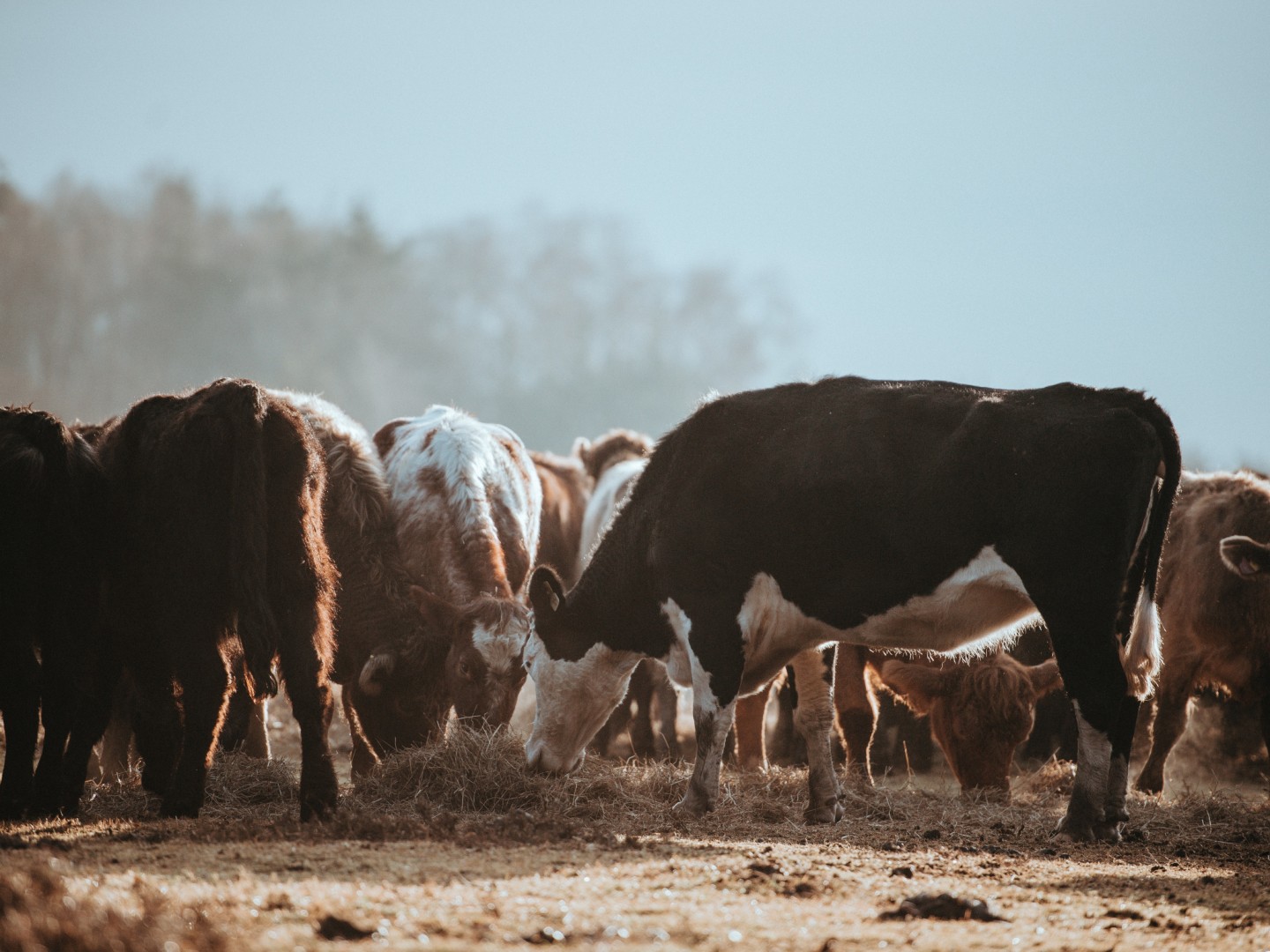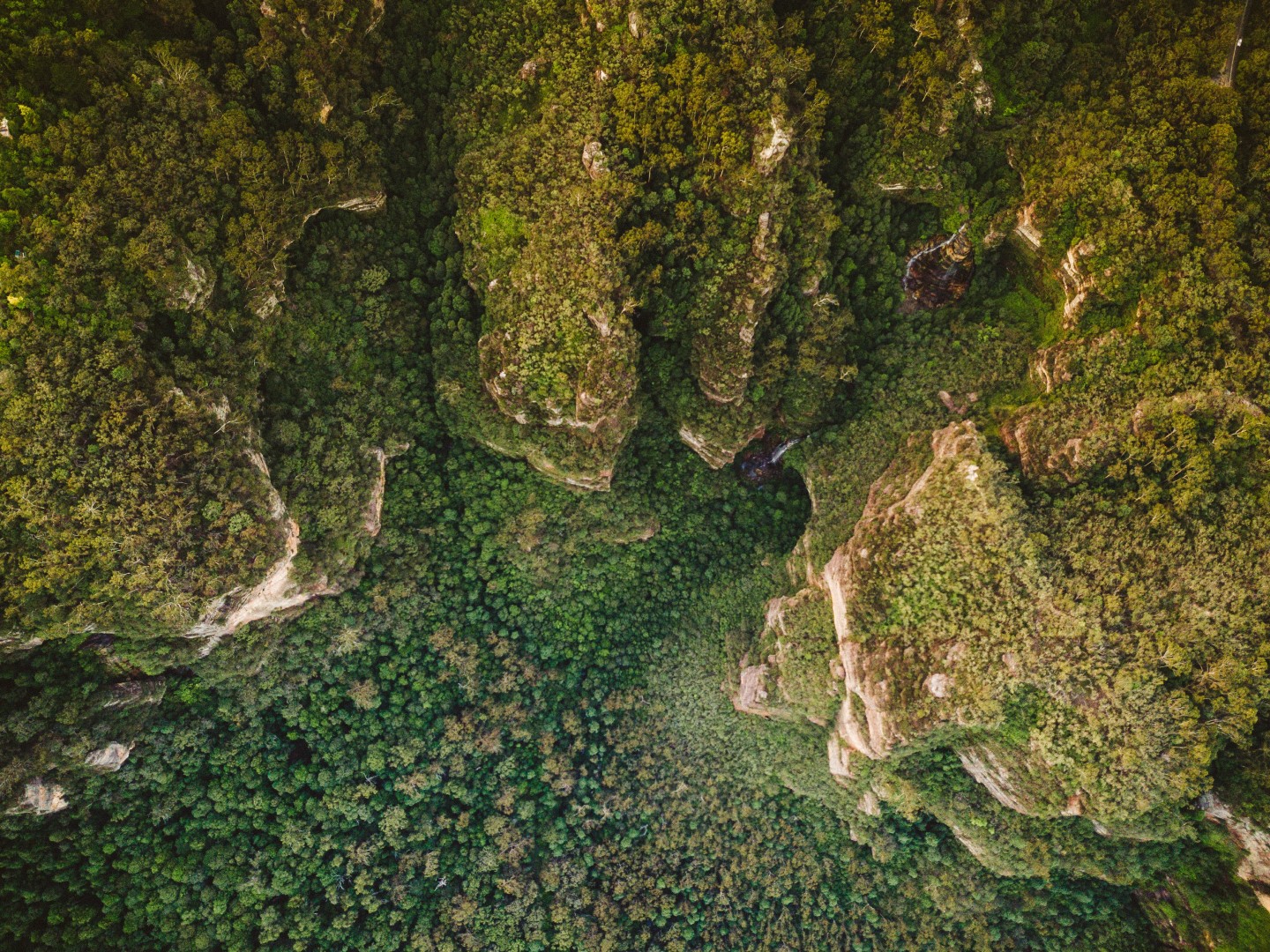ethical stewardship
Carbon sequestration & protecting wildlife
Given our land mass, Australia is well placed to provide credible and secure carbon sequestration services the world desperately needs. With appropriate policies and markets, we think our farmers and the communities they support could be direct beneficiaries.
What is carbon sequestration?
Sequestration is where carbon dioxide is removed from the atmosphere and held in solid or liquid form – although this can be done artificially, nature does this well.
Action taken
What Australian Ethical has done
Australian Ethical has been invited by an externally managed fund (managed by HRL Morrison) to participate in the development and ownership of carbon sequestration projects. The projects involve investing in Australian pastoral land with specific characteristics and establishing integrated carbon farming to generate carbon offsets from underutilised land through human-induced regeneration.
While carbon sequestration projects have clear potential for positive climate and biodiversity outcomes, there is a risk positive impacts will not be achieved or that there may be counterproductive impacts. For example, there might be greater beef sector emissions under scenarios where initiatives of this type bolster the economics of beef production; or negative impacts on biodiversity, particularly when wildlife are excluded from revegetated areas by exclusion fencing.
We made it a condition of our investment that the project would:
- Set biodiversity targets
- Incorporate the views of people independent of the livestock industry on biodiversity and animal welfare (given the fundamental conflict of interests between commercial objectives of pastoralists on the one hand and biodiversity and animal welfare on the other).
We sought and received confirmation that the company would not own any livestock or be involved in the livestock farming business in any way, other than by leasing what is already grazing land to cattle farmers.
We also received confirmation that revenue from leasing the land to farmers is expected to be minor relative to revenue from generating and selling carbon offsets, and well below our tolerance thresholds. We concluded that rather than facilitating the livestock sector, this project has the potential to reduce some of its impacts.
![]()
What H.R.L. Morrison has done
The externally managed fund has appointed an independent biodiversity expert (that we approved) to set biodiversity targets and parameters and review implementation. This fund is in the process of appointing an animal welfare expert to review the terms of the company's standard lease to require farmers to adopt higher than industry standards of animal welfare.
Where we draw the line
We restrict+ investments in conventional animal agriculture because we assess the harm to animals, and the high environmental impact, to be unnecessary when there are less impactful alternatives.
It is a condition of this investment that there are biodiversity targets for the carbon sequestration projects and independent oversight by biodiversity and animal welfare experts.


What’s next
We will monitor evidence of whether this project is meeting climate and biodiversity targets.
This is our first investment in carbon sequestration (beyond operational offsetting and grants given through the Australian Ethical Foundation). Our involvement in this project will hopefully help inform the further development of our ethical requirements for carbon sequestration projects and biodiversity impacts more generally.
